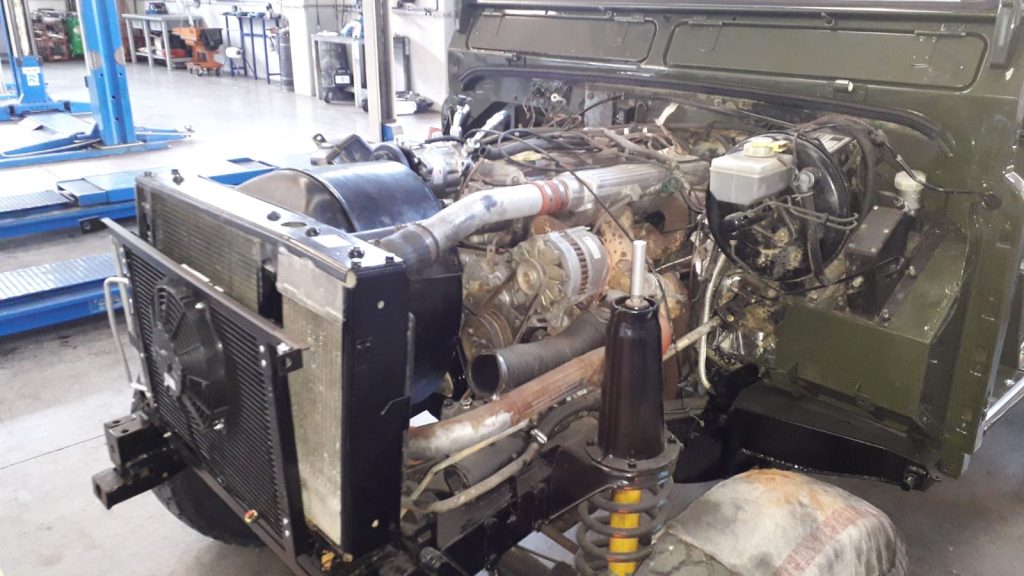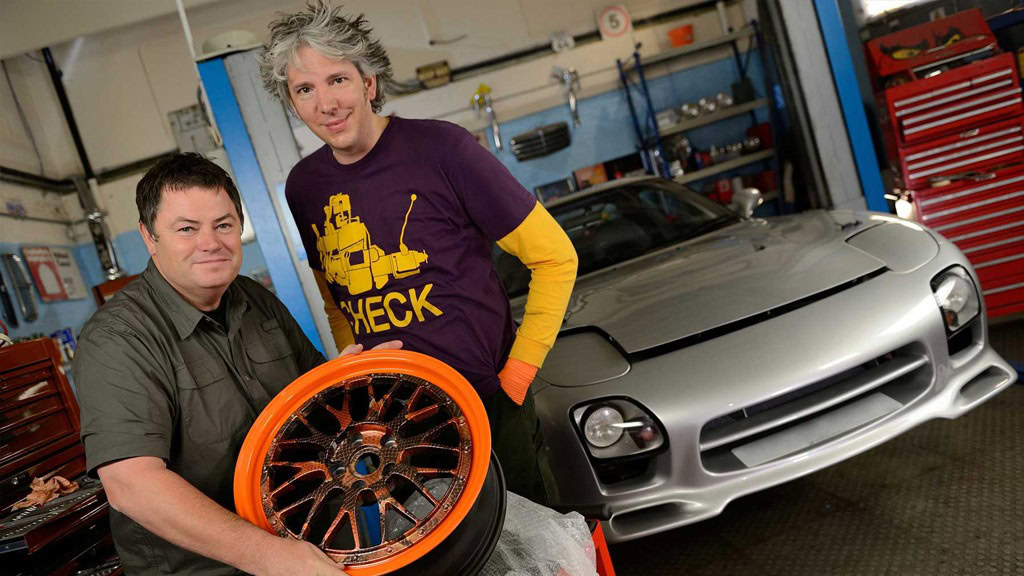In the last 10-15 years the popularity of TV shows that combine the love for cars with the concept of restoring one, have soared in popularity. Pimp My Ride, Wheelers Dealers, and Fast n' Loud are names that every car enthusiast with a TV knows well. The premises are different, but the base concept is the same: start with a vehicle that isn't that great, work on it, and make it better (and in some cases flip it for a profit). Some of these shows have endured for years with armies of loyal fans, others have become brands that have expanded far beyond the original show: look at the first episode of Fast n' Loud from 2012 and now look at the "Gas Monkey Garage" business 10 years on. All this attention has been good for the classic vehicle market as a whole, keeping the interest around cars and builds alive, and getting new people interested in this world. It has also had a serious downside in propagating the idea that you can turn a rusty project into a show winning restored vehicle in a matter of weeks.

This is detrimental to the value of the work that professional restorers put in, and it's something that too often translates in the wrong idea that it's cheap and easy to undertake a restoration. Before I get into the details, let's agree on some terms: a restoration isn't buffing the paint and servicing the engine, a restoration means that the engine is coming out of the car and almost all it's parts are going to be worked on: engine, trans, suspension, interior, electricals and paint. While it's entirely possible to do it in weeks if you have a "Discovery Channel budget" and vendors lined up to deliver as fast as possible, it's just not what happens in real life to normal people where some wait years to drive their dream. This doesn't mean that someone will be working non-stop on the car for all that time, but it is the sum of the time you'll have to wait for the skilled workers to actually do the work (the capable ones tend to have a long list of customers in line), coupled with the time it takes to get the parts you'll need. And if you're fortunate enough to have the space, the tools and the skills to do the restoration yourself, it will still take a lot of time, as it's understandably going to be done in your free time. Professional restorers on the other hand can expedite things and get a project done in a matter of months, especially if they have experience restoring that same model. For reference, our latest Land Rover Defender was completely redone in less than 4 months. The other notion that "non-tv people" should understand is that the cost of restoring a car almost always exceeds it's finished value. Let me put it another way: restoring a car is going to cost more money that just finding the exact same car that doesn't need to be restored. In my experience, a regular restoration, will cost 20-40% more than just buying the same car ready to go. On the upside you get to decide how it's built and the rate at which to invest money in it.

One of my favorite bad examples of how this concept is completely lost in TV shows, is the "math" they used on Wheelers Dealers: at the end of a build they never calculated any money for the mechanic's labor, the time it took to find the project and ship it (sometimes travelling across an ocean!), the marketing effort to find a buyer and all the overhead of running a shop. But hey, they made $950 after tinkering on a car for 8 weeks: great job! Who pays for all the rest? The tv production. So now that we understand the basics of what a real restoration entails, and the economics behind it, why do we restore cars at all? Maybe it was your dream car for decades, maybe it was your dad's car that you want to bring back. Either way you get to build the car to your liking, the budget (while all together higher) will be spread out over time, and the wait can sometimes make the final result even more appreciated.